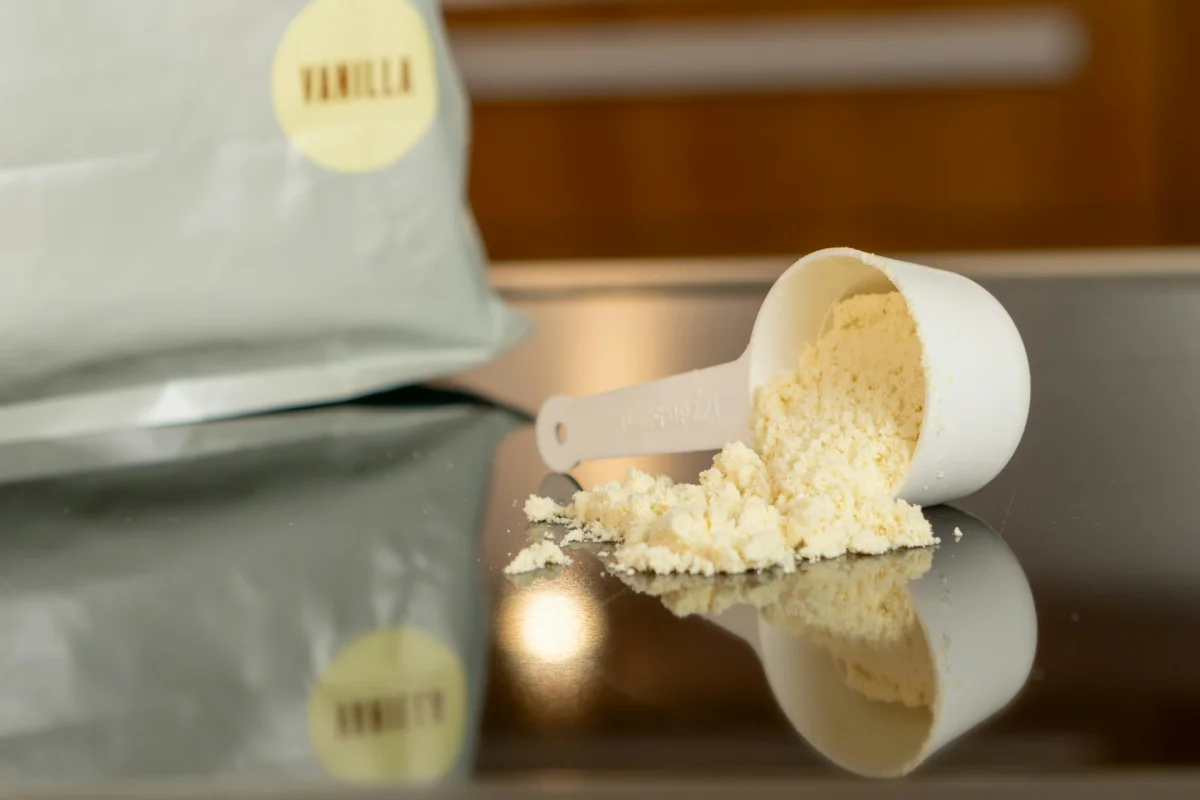 Tuesday, May 13, 2025
Tuesday, May 13, 2025Protein powder for weight loss – sensible or overrated? Here's how protein actually helps you with fat loss.
Do you want to lose weight without constantly feeling hungry or losing muscle mass? If so, you’ve likely come across the term “protein powder.” But are protein shakes truly a sensible companion for fat loss, or are they merely a fitness myth from the shaker faction?
In this blog, we delve deep into the world of protein: We explain why protein can be your best companion in weight loss, the various types of protein powders available, how to use them correctly – and what you should definitely pay attention to in order to bring you closer to your goal.
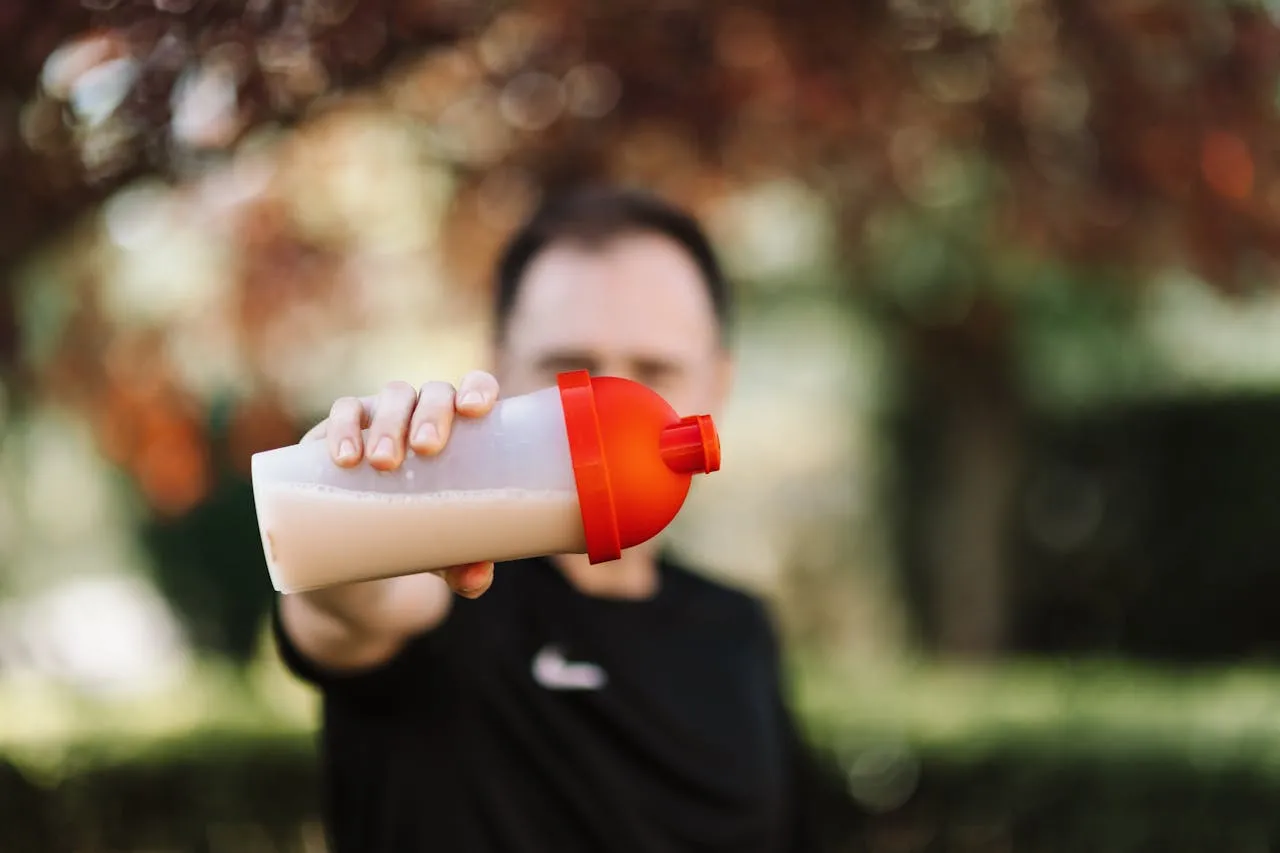
Why Protein is Indispensable for Losing Weight
When losing fat, it’s not just about eating less – it’s about eating intelligently. And this is where protein comes into play. Protein is far more than just “muscle material” – it offers several crucial benefits for your diet:
Protein Provides Satiety – Longer and More Effectively
Protein creates a significantly longer feeling of fullness compared to carbohydrates or fats. This happens because it stimulates the production of satiety hormones like Peptide YY and GLP-1 while simultaneously reducing the hunger hormone ghrelin.
Studies show: People who consume a higher amount of protein automatically take in fewer calories – without needing to consciously count calories.
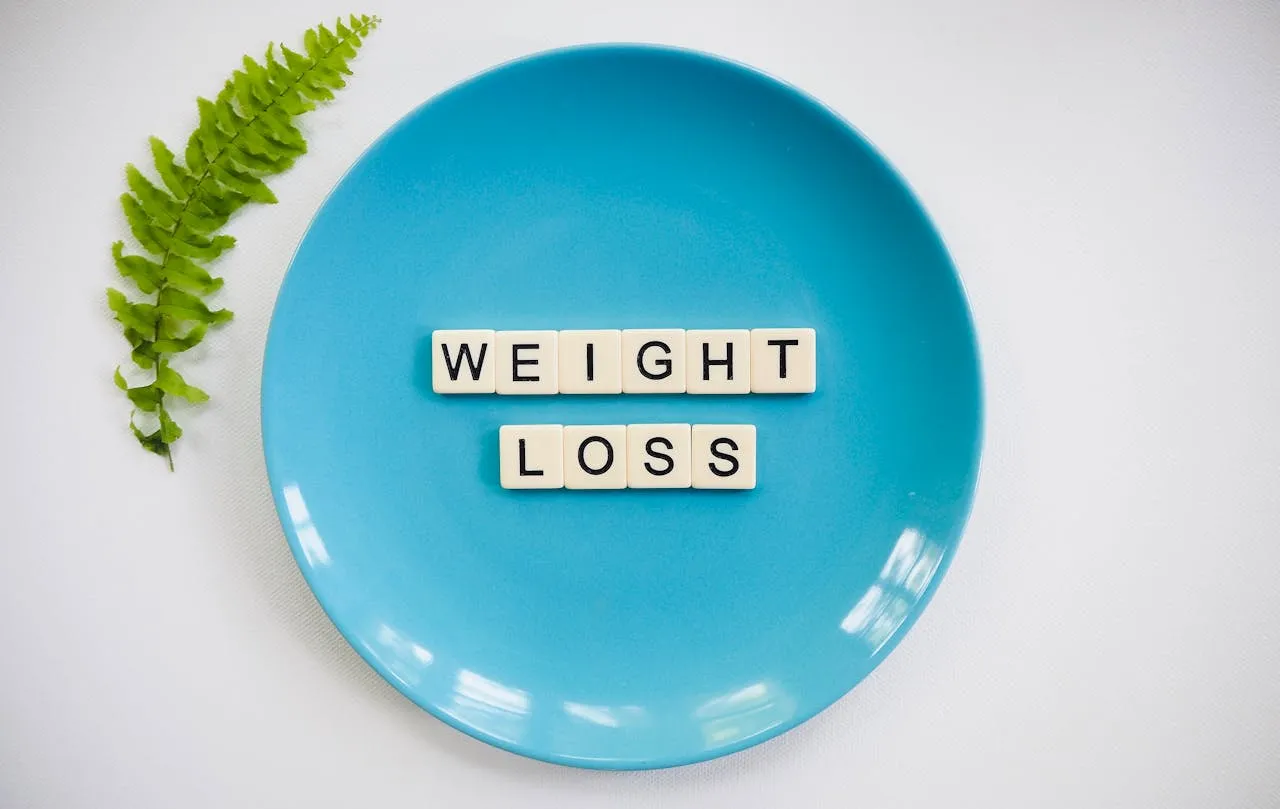
Preserving Muscle Mass – Protecting Basal Metabolism
A common problem when losing weight: Not only do you lose fat, but also muscle – and this is something to avoid. Because muscles are your metabolic capital. The more muscle mass you have, the higher your basal metabolic rate – that is, your calorie expenditure at rest.
Protein provides the building blocks your body needs to maintain muscle – even in a caloric deficit.
Thermal Effect – Protein Burns Calories
The digestion of protein is “more demanding” for the body. About 20-30% of the calories consumed from protein are burned off during digestion – while for carbohydrates, it’s only 5-10%.
➡️ This means: You burn calories just by digesting protein!
What Exactly is Protein Powder – and Why Do So Many Use It?
Protein powder is simply concentrated, isolated protein – usually derived from milk, eggs, soy, peas, or rice. It is offered in powder form, easily mixed with water or milk to create a shake, and is extremely quick to prepare.
Particularly during stressful periods of everyday life or for individuals with little appetite or time to cook, protein powder is a practical solution to meet daily needs.

Scientifically Proven: How Protein Powder Aids in Weight Loss
A meta-analysis published in the Journal of Obesity in 2020 found that increased protein intake during a diet was significantly associated with greater fat loss and better muscle preservation.¹
Especially interesting: Groups that additionally used protein shakes as meal replacements achieved better results in a shorter time.
Another paper published in Nutrition & Metabolism in 2008 showed that individuals consuming whey protein daily lost more body fat and less muscle mass than the comparison group that derived the same caloric intake from carbohydrates.²
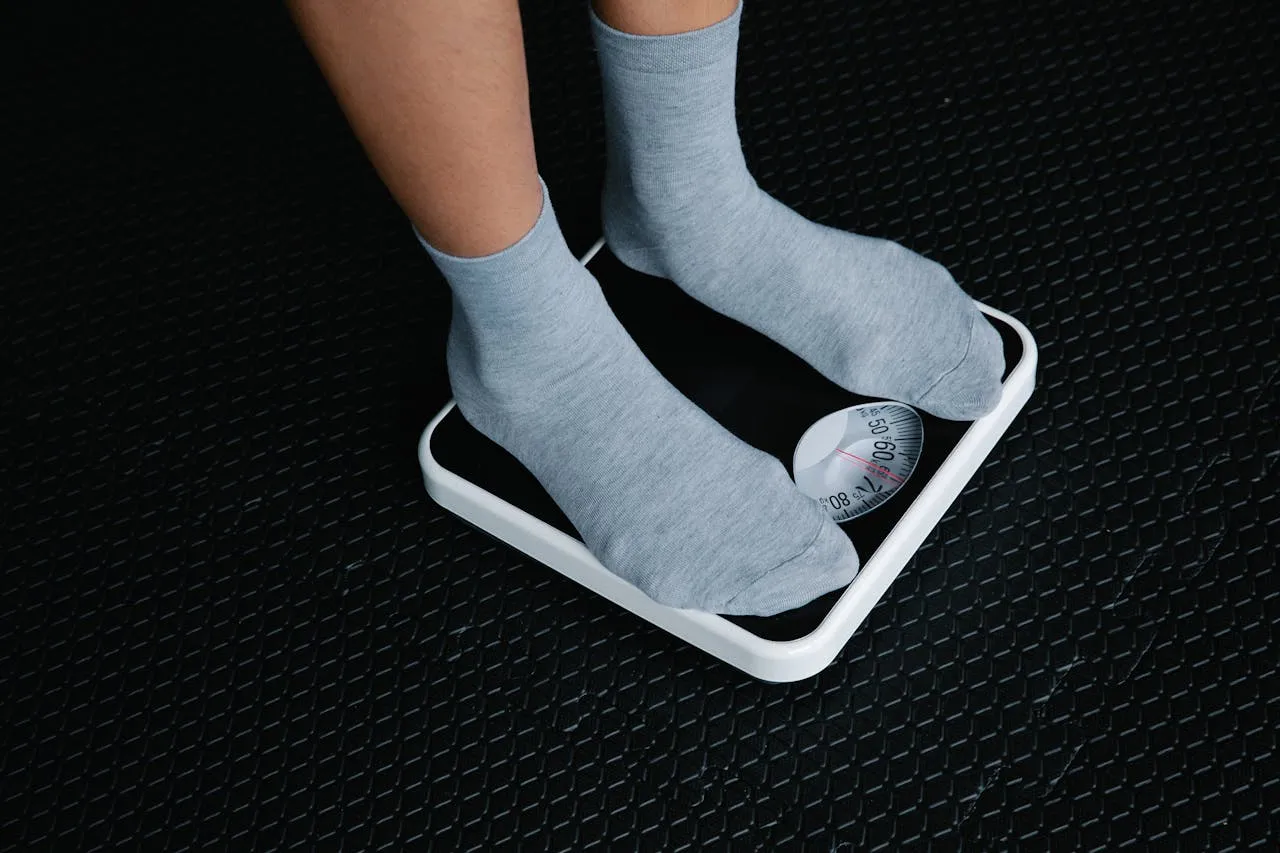
The Best Protein Powders for Weight Loss – What You Should Know
There are many different types of protein – but not all are equally suitable for the goal of “fat loss.” Here are the main variants:
| Type of Protein | Benefit for Weight Loss | Disadvantage |
|---|---|---|
| Whey Protein | Quick availability, high leucine content (muscle building) | Doesn’t provide long-lasting satiety |
| Casein Protein | Slow digestion, very satiating | Not ideal right after training |
| Multi-Component Protein | Mix of whey, casein & egg – for prolonged effect | More expensive, more complex |
| Plant-Based Proteins (pea, rice, hemp) | Vegan, well-tolerated, high in fiber | Lower leucine content |
Tip: For most people, whey in the morning or after training and casein in the evening is a good combination for weight loss.
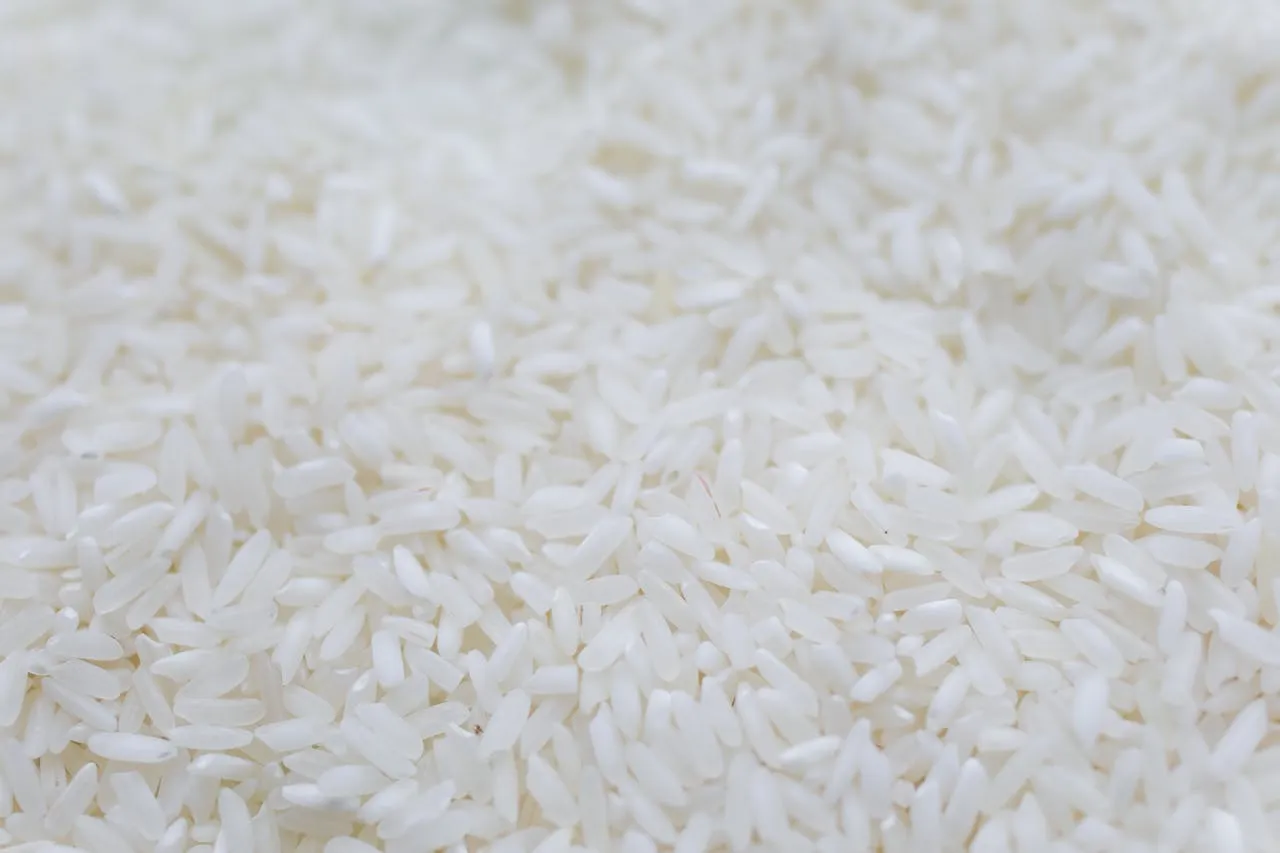
When and How Should You Consume Protein Shakes?
There is no strict “right” or “wrong” here; it depends on your goals and your daily life. Some sensible options include:
- As breakfast: If you’re not in the mood for rolls & butter in the morning – a shake is quick, filling, and rich in protein.
- After training: To support recovery and preserve muscle.
- As a meal replacement: Especially useful in times of strong time constraints or cravings – better than reaching for chocolate.
- Before sleeping: Casein can minimize nighttime muscle loss.
Important: A shake should not be a dessert. Look for products without artificial flavors, with low sugar content, and at least 70% protein content.
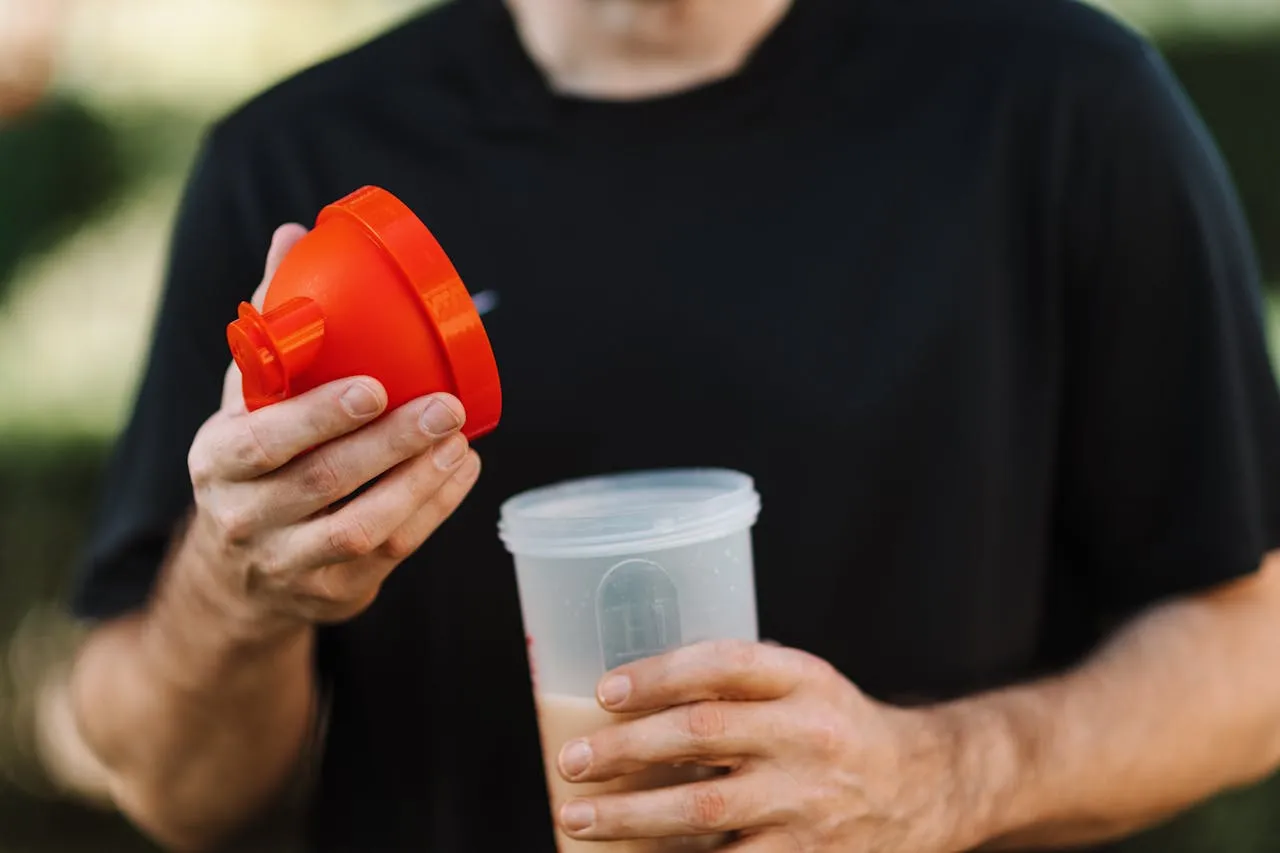
Common Mistakes in Usage – and How to Avoid Them
Many do not use protein powder optimally – here are the biggest pitfalls:
- Too much sugar in the powder: Pay attention to the ingredient list. If “maltodextrin” or “glucose syrup” is at the top – stay away!
- Shake as dessert: If you’ve eaten enough already, an additional shake won’t provide any benefits – quite the opposite.
- No caloric deficit: Even with protein shakes, you must consume fewer calories than you expend. Protein is a helper – not a miracle cure.
- Forgetting muscle training: Without training, you won’t build muscle or burn fat, even with lots of protein.

What Should You Look for When Buying?
If you're looking for a high-quality protein powder, pay attention to:
- At least 70% protein content
- Low sugar (<3 g per serving)
- Low fat (<3 g)
- No artificial sweeteners, if you are sensitive to them
- Good solubility – no clumps or gritty feeling
- Quality seals like “Informed Choice” or “Kölner Liste”
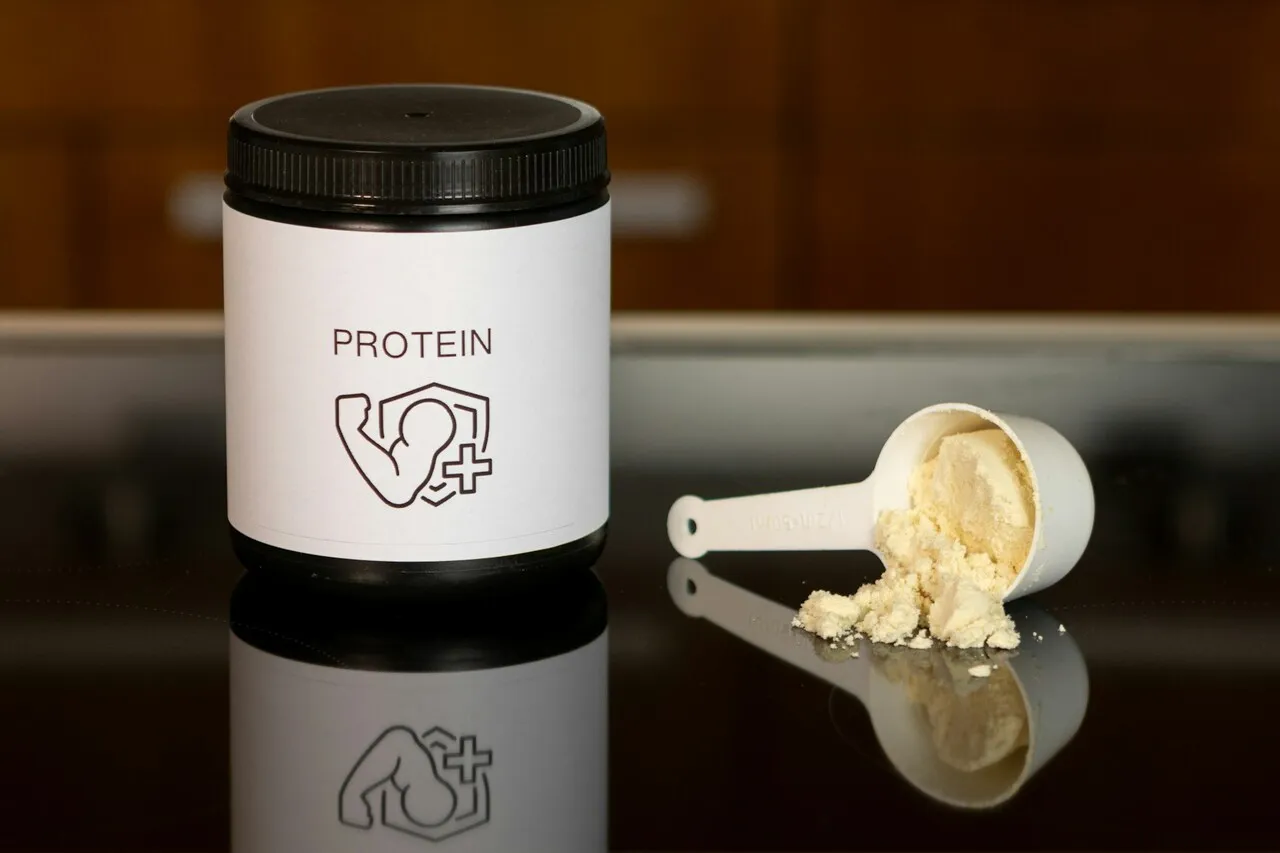
Conclusion: Losing Weight with Protein Powder – Effective When Done Right
Protein powder is not a magic potion – however, it is an extremely effective tool. If you use it correctly, protein shakes can accelerate your fat loss, keep you feeling full longer, and help you preserve valuable muscle mass. The combination of intelligent nutrition, adequate exercise, and targeted protein use is the key to success.
You don't need five shakes a day – but one or two wisely timed can make a difference.
Sources:
- Wycherley TP et al. (2012): Effects of higher protein diets on body weight and composition. Obesity Reviews.
- Baer DJ et al. (2008): Whey protein consumption affects body weight and composition in overweight individuals. Nutrition & Metabolism.


